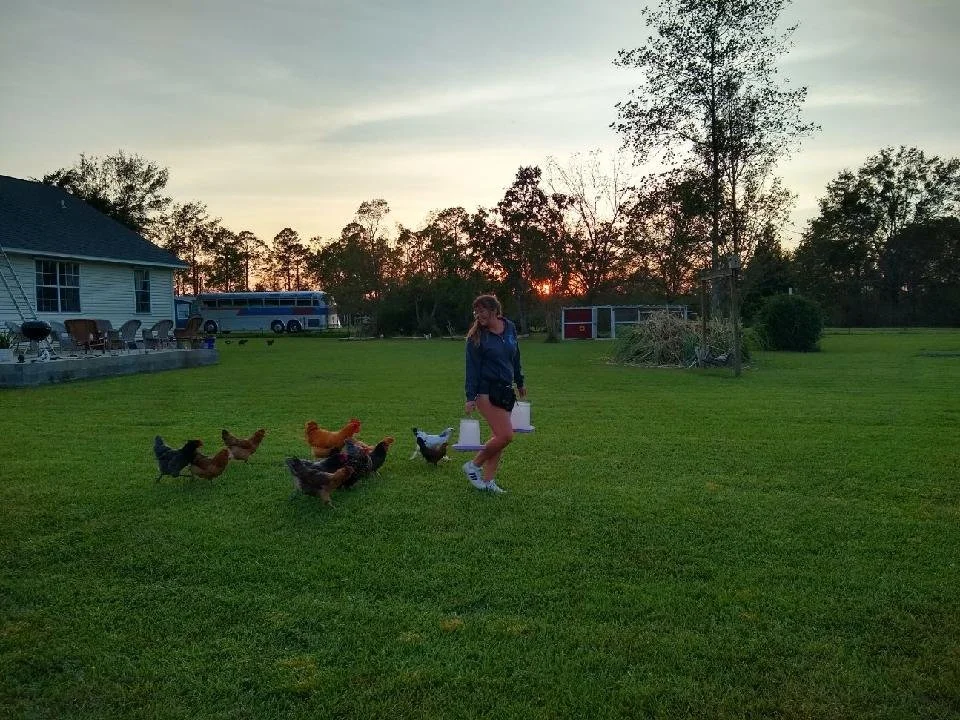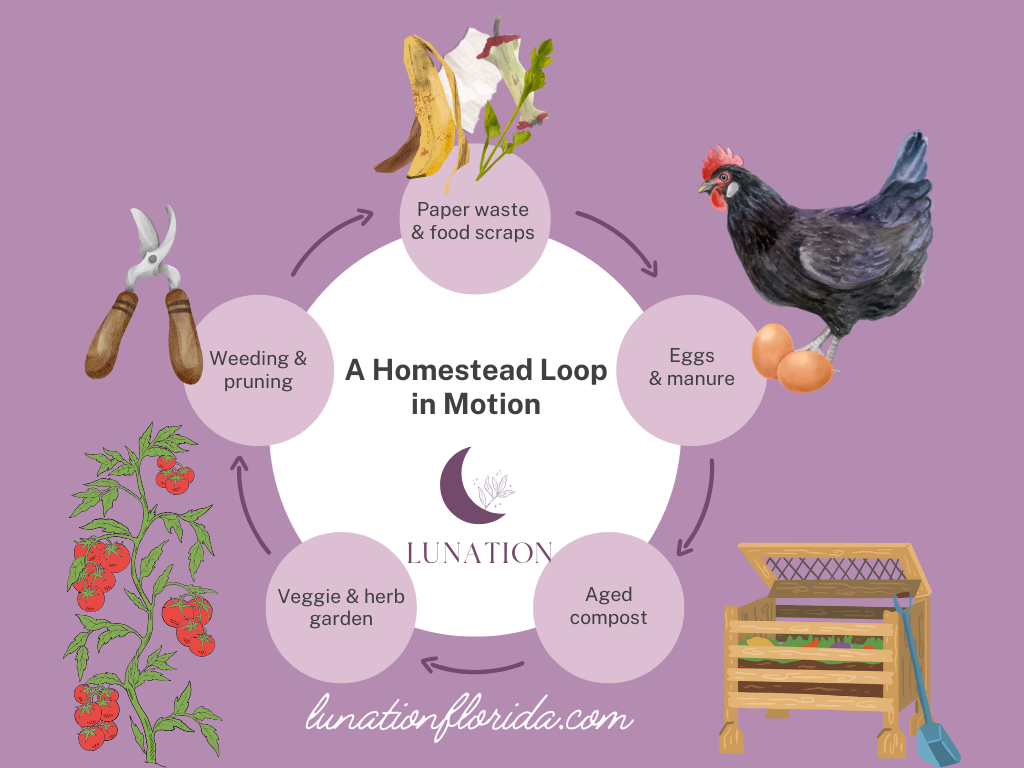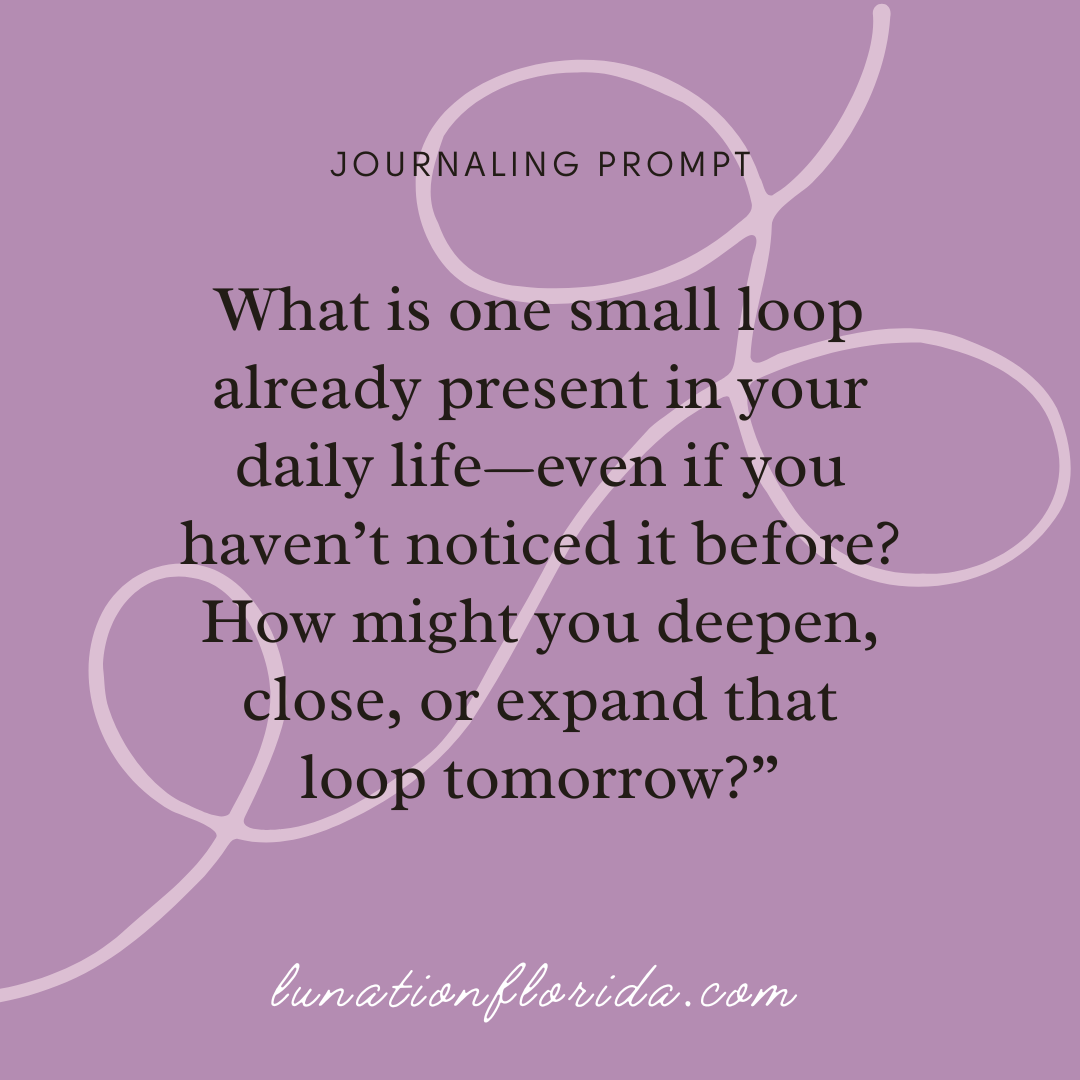Homesteading as a Mindset
Scraps to Systems: A Dream in Motion
Every now and then, I find myself in a moment that really illustrates how far we have come as homesteaders. Just before midnight recently, as I finished a long day of picking and washing tomatoes and blueberries, extracting honey, rendering wax, bottling kombucha, and baking sourdough, it occurred to me: all this used to be a distant vision. Something we hoped to one day be capable of doing.
Words on a grocery list that felt so disconnected from the bush, the yeast, the honeybee. Now, they are all parts of the living systems we have built on our homestead.
The Depth of Doing
For as long as I can remember, I have been the kind of person who likes to dive deep. I don’t know how to do anything halfway, and throughout my life, I have often chased absolutes and perfection in a way that can make sharing feel impossible. I never feel ready. I am never confident that I know enough.
Sometimes, I think, we can be so caught up in what we are doing that we forget to notice how far we have come - and how much an earlier version of us could have benefitted from the knowledge that we now have.
Over the years, as I have immersed myself further and further into this way of life, many people have come to me with questions. I often hear some version of “how do you have time?” or “how do you even get started with all that?”
The truth is, it has all felt very natural to me. My advice is to follow your interests. Don’t get me wrong - things escalated quickly - but it was all through natural accumulation in pursuit of things that piqued my curiosity, leveled up my existing projects, or just plain made sense for us.
Before we owned property, starting looked like replacing store bought cleaning supplies with cheap, minimal-ingredient alternatives to save money towards our future home. Regrowing herbs or vegetables from scraps and cuttings. Joining groups to connect with like-minded people and learn about the animals and garden we hoped to one day steward. Once we had our land, though, I could not get chickens fast enough.
We started with chickens because it was exciting to us. In hindsight, if I were to design the perfect system, I don’t know if I would make the same choices. I didn’t design the perfect system, though, and I think that’s fine! The chickens got us started in a way that was exciting, hands on, and so, so rewarding in our first year. That momentum is worth so much more than getting it right every step of the way.
Once you start, the momentum naturally builds. As you gain experience, you will find yourself facing a variety of new challenges and problems to solve. Now, the challenge becomes managing the system you are creating on your farm in ways that won’t burn you out or bankrupt you. This is where the mindset comes in - the key to understanding my approach to learning and evolving on our homestead is in systems.
How Systems Set Us Free
We didn’t get here by mastering every skill, carefully following blueprints, or having all the answers. Where we are now is the natural result of constantly examining what we had (often scraps, problems, and mistakes) and asking: Could this feed something else? Can we engineer our approach in a way that helps us make more with less?
In sustainability circles, closing the loop refers to maximizing resources and reducing waste by finding use for the byproducts of a process elsewhere. The natural world is the grandest example; everything has a purpose and a part to play. The natural world continues with or without human interference because its systems are closely interconnected, evolved together over countless iterations. I think the secret to living sustainably with minimal burnout is primarily in taking lessons from the greatest teacher we all share. Resourcefulness and resilience are the way of the natural world.
As a biology student, I was taught about the cycles of life’s various building blocks - carbon, nitrogen, phosphorous, water. I had a hard time wrapping my head around them then. I could pass the tests, but getting to know these systems practically has immensely deepened my wonder and appreciation for the natural world.
Let me give you an example of one of the central loops on our homestead, which evolved over our first few years as chicken tenders:
A Loop in Motion
Household waste in the form of paper and kitchen scraps (“browns”/carbon) are diverted from landfills into our chicken coop
The chickens produce eggs, but also manure (“greens”/nitrogen)
Their bedding (deep litter: leaves, clippings, shredded paper) composts in place all season with regular turning by the chickens, keeping our labor to a minimum and providing warmth in the colder months
Each Spring, we shovel all that composted bedding into our three bin composter to finish breaking down
The aged compost gets compiled with our home-grown worm castings, wood ash, and other organic materials to make garden soil
The garden gives us food, herbs, and medicine
When we weed, prune, or peel? Those scraps go right back to the chicken coop.
This system saves us money and labor by intentionally directing waste we are already producing into sustainable systems; high output, low input is always the goal. We didn’t invent this, we simply learned how to participate. We did our research, picked a place to start, and learned as we went by asking questions and creatively solving problems as they arose. Leveraging the collective wisdom of the community has saved the day more than once, so don’t wait to start engaging with like minded people.
Building a Life that Feeds Itself
That same thinking shapes so many of the things we do on our homestead. It’s not always Instagram-worthy, and certainly we sometimes get it wrong, but every small change compounds into a more sustainable, mindful, and connected approach to living. Closing loops allows us to lay down deep roots while continuing to invest our time, energy, and resources, into the next iteration of our dream.
Whether you find yourself with five acres or five pots on a balcony, there are countless opportunities to live more in rhythm. Perfection is not the goal and you don’t need all the answers. The will to join in and make a change is more than enough to make a difference. The mindset is the foundation. When you start to notice the systems around you, it becomes more and more natural to close the loops in your own life.
Start where you are, use what you have, do what you can. Let’s build a life that feeds itself, step by step, together.
Love & Light,
Lauren








